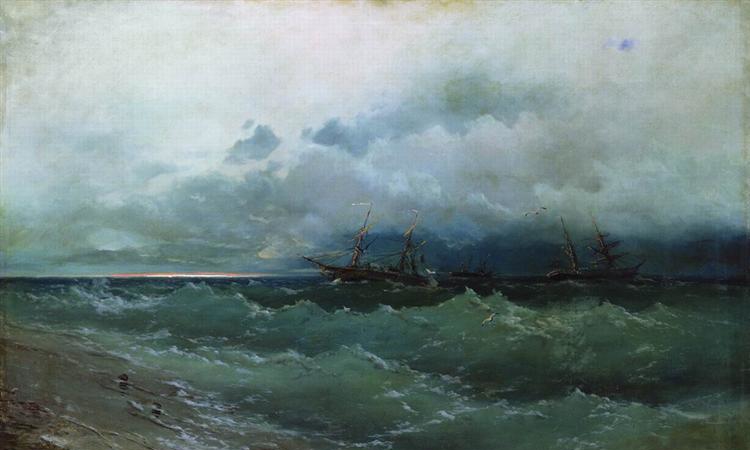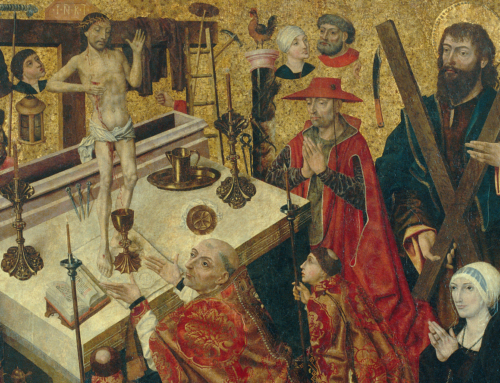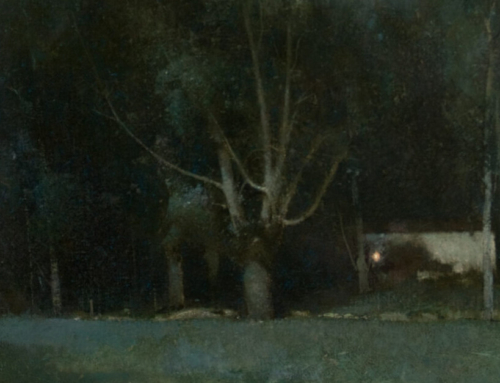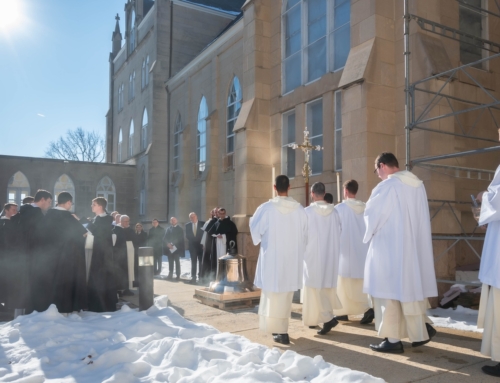Life really is like a Sigrid Undset novel. It’s all about grace—receiving it and rejecting it. Undset masterfully crafts her characters to reveal the quiet—and sometimes not so quiet—movements of grace in their lives. God lovingly touches each soul, bestowing upon her the gift she most needs to live in Him. God, however, does not force His grace upon His beloved but instead allows us to cooperate freely with His saving plan for us.
The rejection of His proffered gift results in tangled and messy lives. In The Master of Hestviken, what Undset herself called her best work, Ingunn, one of the main characters, commits a grave sin but does not avail herself of the grace of confession. The state of her soul is vividly expressed in her decomposing body as she lies dying in bed. Instead of being united to Christ’s suffering by grace, she chooses to die alone. What is more, her sin disposes her husband, Olav, also to commit a grave sin. The unreconciled sins corrupt Olav’s character, resulting in a strained family situation and a poor upbringing for his son.
No matter the extent of our weakness, however, God mercifully attracts us to Himself by actual grace, the grace offered to help us act well and to turn to Him in specific situations. The actual grace that would have moved Ingunn and Olav to make a good confession was refused by them, but Undset makes us understand that it was offered.
Actual graces move us toward God, but a life firmly rooted in God involves receiving sanctifying grace through the sacraments. Sanctifying grace is a “stable and supernatural disposition that perfects the soul itself to enable it to live with God, to act by His love” (CCC 2000). All grace is a participation in the life of God, but with sanctifying grace God heals us radically by dwelling within us and allows us to respond more lovingly and more joyfully to the actual graces that He offers to us in the work of our sanctification.
The beauty of reading one of Undset’s novels is that we can go back and think about what takes place in the lives of the characters. We ask ourselves how they could have made the decisions they did, or why they so stubbornly avoid confession, or how their conversions come about after so much sin. In some way, our lives, too, are written out before the eyes of God, and in the next life, God willing, we will become aware of how God has brought us to Himself. But, while we are here, prayer and reflection on the events and changes in our lives will reveal to us the workings of grace in us and all around us. This revelation of grace will astound us and inspire thanksgiving, and by thanksgiving and praise, our hearts will respond more readily to His gift of grace.
✠
Image: Ivan Aivazovsky, Ships in the stormy sea. Sunrise.







